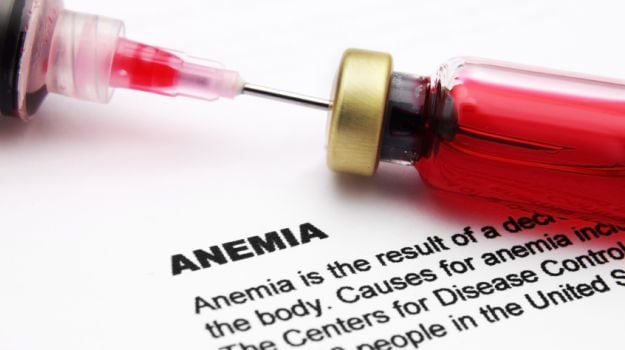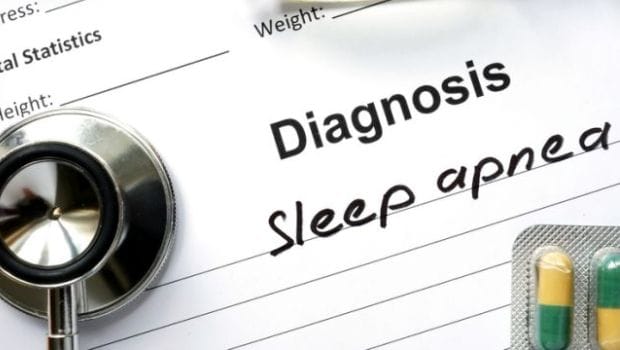Are you at work, facing issues finishing off the tasks at hand because you feel tired? Have you ever wondered, “Why am I so drained?”
We have a habit of blaming our fatigue on our fast-paced and hectic lifestyle. And most of the time, we are right. In fact, feeling exhausted is so common in people these days that it has its own acronym, called TATT, which stands for "tired all the time.” You can fix this by making a few changes in your lifestyle, such as getting more sleep, trimming your social calendar, having a wholesome and nutritional diet, drinking more fluids, taking multi-vitamins, and cutting back on caffeine and alcohol. However, if you still feeling tired or drained after making these changes, then you should seek medical assistance.
Here are the health conditions known to cause fatigue:
1. Anaemia

The fatigue caused by anaemia is the result of lack of red blood cells. If you feeling tired all the time and if your symptoms include extreme weakness, difficulty in sleeping, lack of concentration, rapid heartbeat, chest pains and headache, then you are probably suffering from Anaemia.
Solution: Thorough evaluation for anaemia includes a physical exam and blood tests, including a complete blood count to check the levels of your red blood cells. Taking iron supplements to boost the low levels of iron in your body is usually effective, and the condition rarely causes long-term problems.
2. Sleep Apnea

It is a disorder characterised by brief interruptions of breathing during sleep. In the most common type, obstructive sleep apnea, your upper airway actually closes or collapses for a few seconds, which, in turn, alerts your brain to wake you up to begin breathing again. Sleep apnea is often signalled by snoring and is generally followed by tiredness the next day.
Solution: This involves an overnight stay at a sleep clinic, where you'll undergo a polysomnogram, which is a painless test that will monitor your sleep patterns, breathing changes, and brain activity. Lifestyle changes are also effective ways of mitigating symptoms of sleep apnea such as quitting smoking, losing weight and avoiding alcohol.
...[ Continue to next page ]
Share This Post















